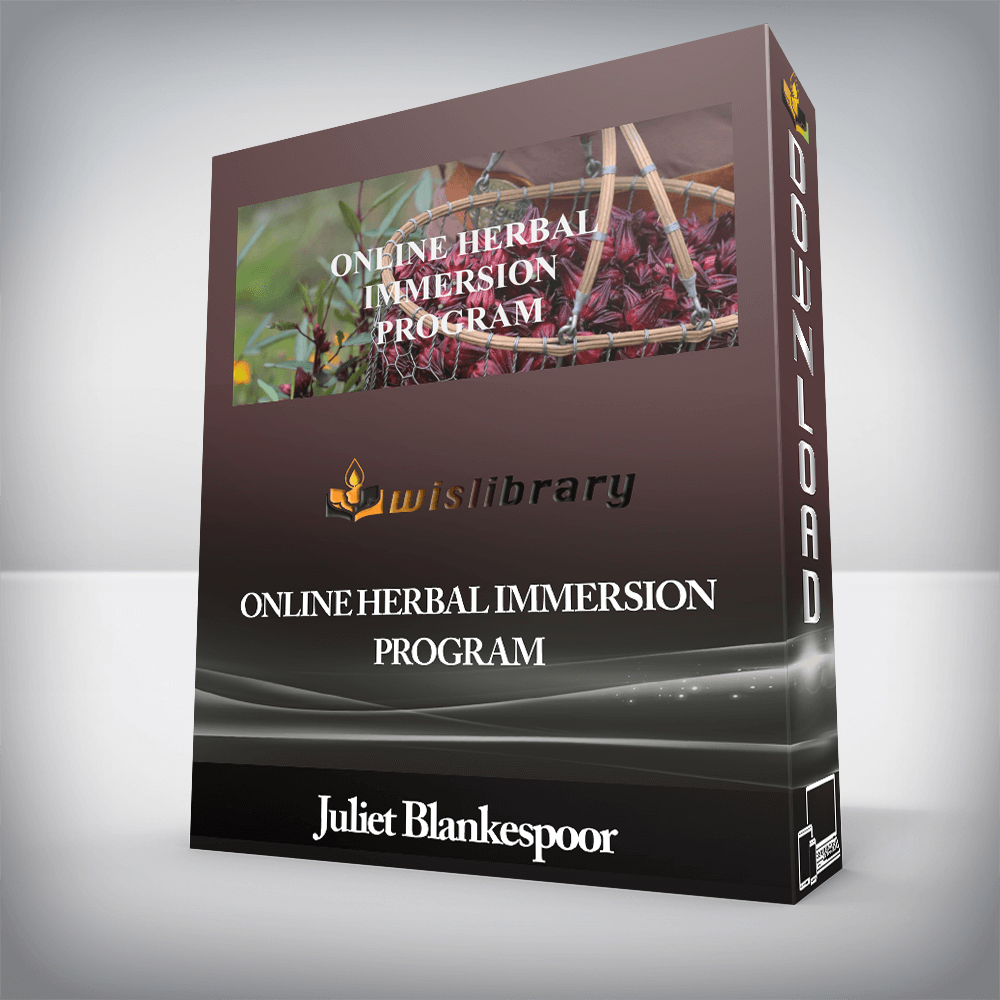
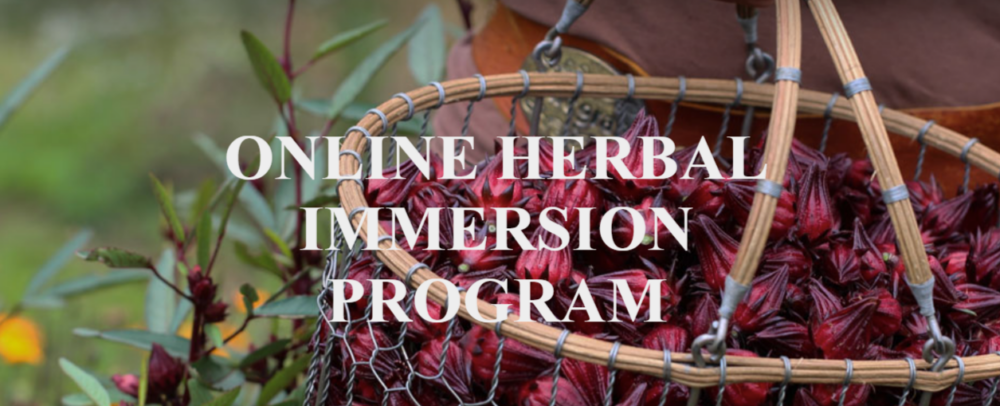
A program that is chock-full of expert guidance for cultivating medicinal herbs and addressing common ailments…

I understand how hard it is to navigate the deluge of herbal information out there, and find a resource you can trust.
With over thirty years under my belt growing herbs, making medicine, and teaching about plants, I’ve come up with a program that is chock-full of expert guidance for cultivating medicinal herbs and addressing common ailments at home with your very own tinctures, syrups, poultices and salves.
Bonus: You’ll be learning all about herbs while you save money—growing the garden of your dreams and whipping up a homegrown medicine chest full of the highest quality remedies to be found!
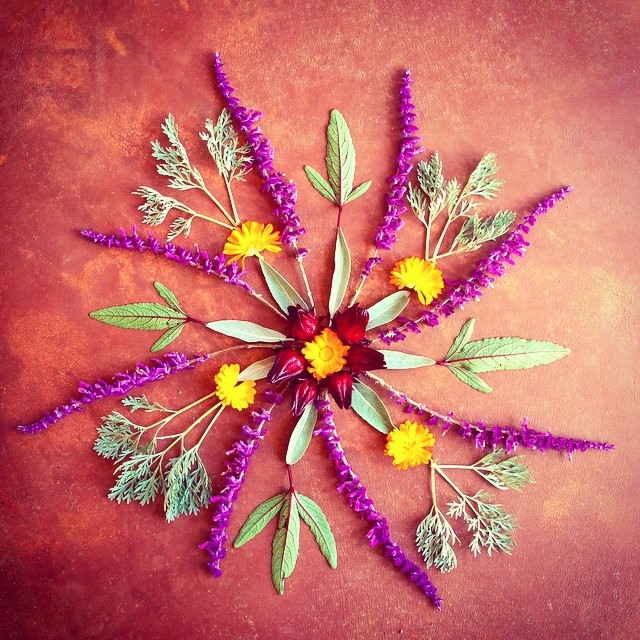
Cultivating Relationships with Healing Plants • Introduction to Botany • Plant Families • Vegetative and Floral Terms • Herbal Actions • Ethical Wildcrafting • Spring Plant Walk • Medicinal Preparations • Harvesting Herbs • Edible Flowers
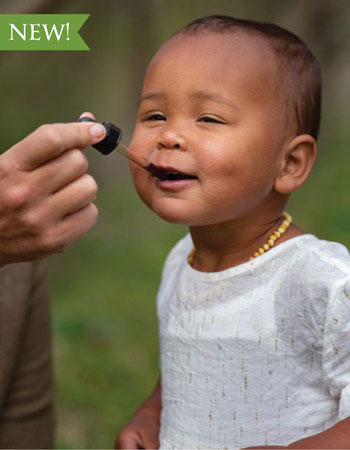
Herbal Safety: Introduction • Herbal Safety: Essential Oils and Allergic and Topical Reactions • Herbal Safety: Adulteration, Contamination, and Notable Constituents • Herbal Safety: Herb-Drug Interactions • Herbal Safety: Pregnancy and Lactation • Herbal Safety: Serious Health Conditions and Concerns
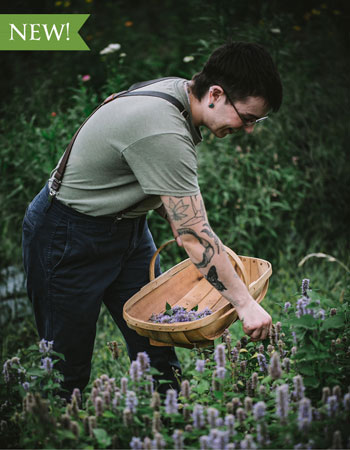
Identity and Personal, Community, and Cultural Health • Identity Concepts: Some Definitions & Parameters • Introduction to Health Disparities • Health Disparities: The Framework • Health Disparities: Root Causes and Outcomes • Strategies to Help Healers and Health Care Workers Combat Disparities • Mutual Aid and Community Care • Herbal Accessibility: Uniting Culture and Community Gardens • Professionalism and Ethics: Relationships, Reputation, Accountability, Attribution, Plagiarism, Confidentiality • Energetic Plant Medicine
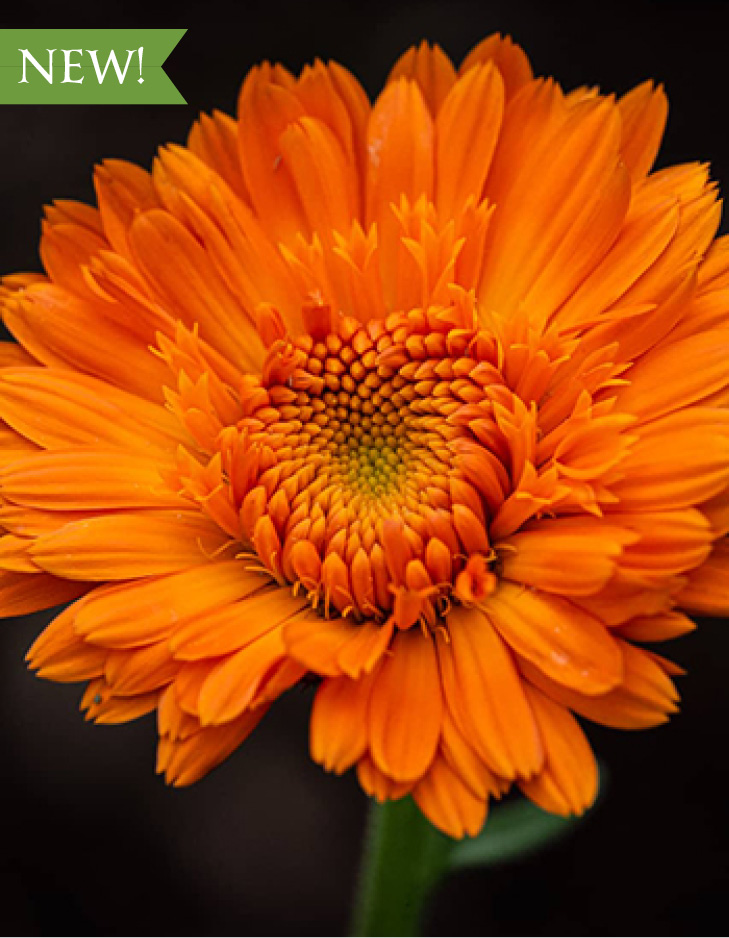
Connecting With Your Own Herbal Lineage & Honoring Other Traditions • Introduction • A History of European & North American Colonial Herbal Medicine • A History of Native American Herbal Medicine • A History of Black Herbal Medicine from Africa to North America • A History of Latin American Influences on Herbal Medicine in North America • Black Herbal Elders with Lucretia Van Dyke
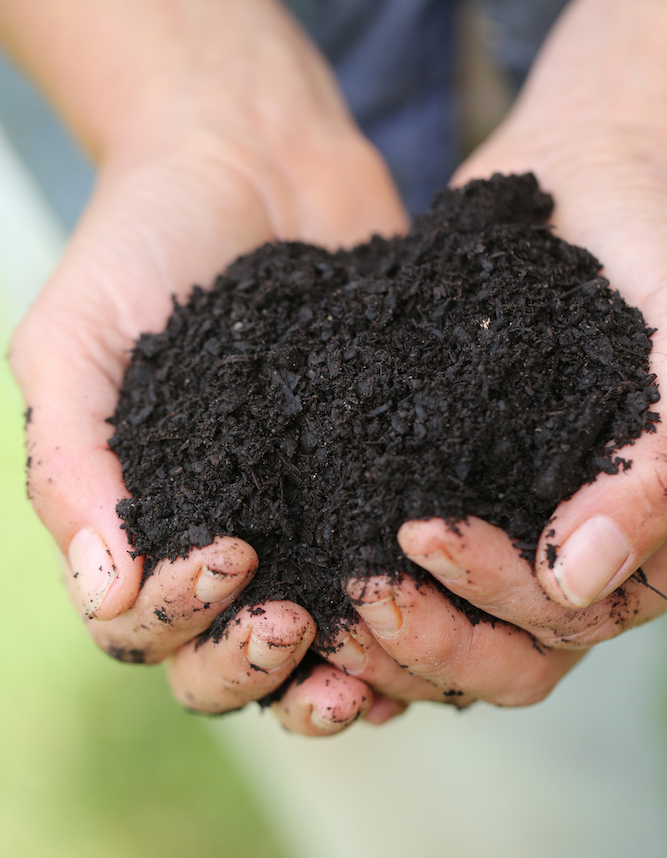
Principles of Organic Gardening • Planning Your Dream Garden • Adaptations for Garden Accessibility • Growing Healthy Soil • Building Soil Fertility • Botanical Garden Allies • Creating New Garden Beds • Container Gardening
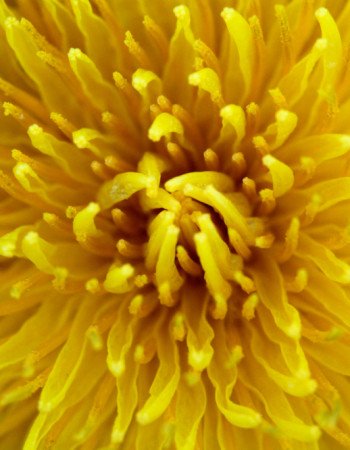
Daylily • Lamb’s Quarters • Chickweed • Dandelion • Violet • Purple Dead Nettle • Cleavers • Creasy Greens • Garlic Mustard • Yellow Dock • Japanese Honeysuckle
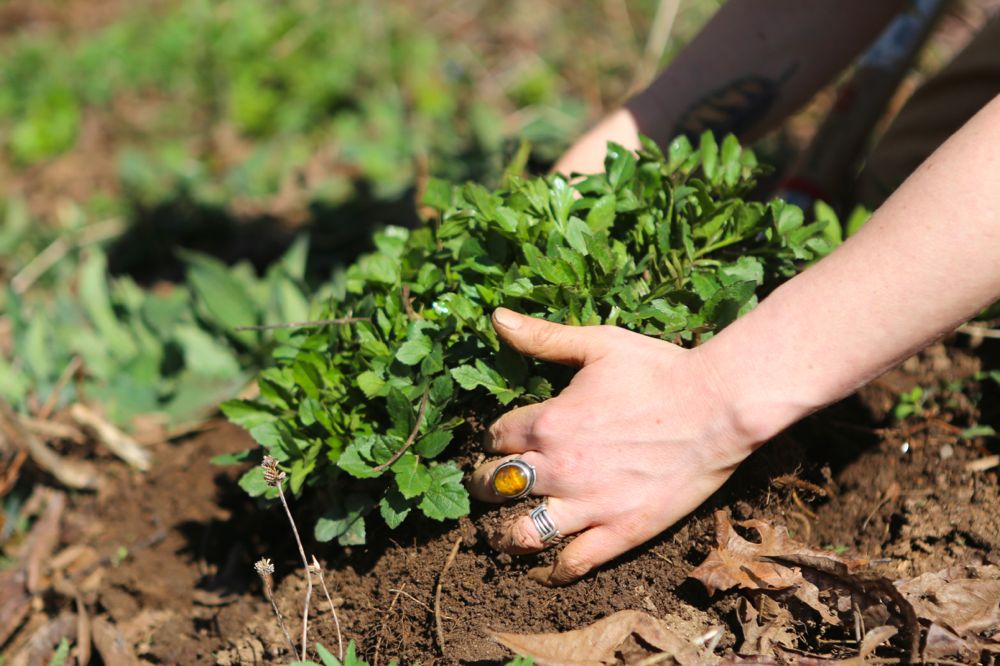
Special Strategies for Germinating Herbs: Stratification, Scarification, and Light-Dependent Germination • Preparing Seed Trays • Sowing Seeds • Soil Blocks • Bottom Heat • Root Division • Stem Cuttings • Layering • Seed Saving of Medicinal Herbs
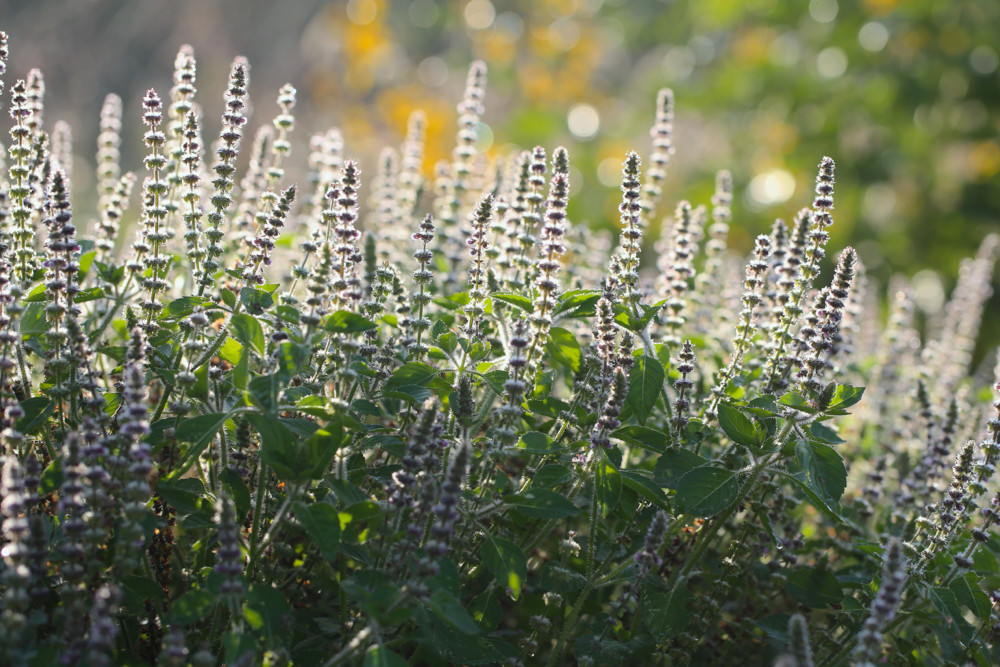
Introduction to Adaptogens, Alteratives and Tonic Herbs • Gotu Kola • Tulsi • Nettles • Milky Oats • Astragalus • Ginseng • Hibiscus
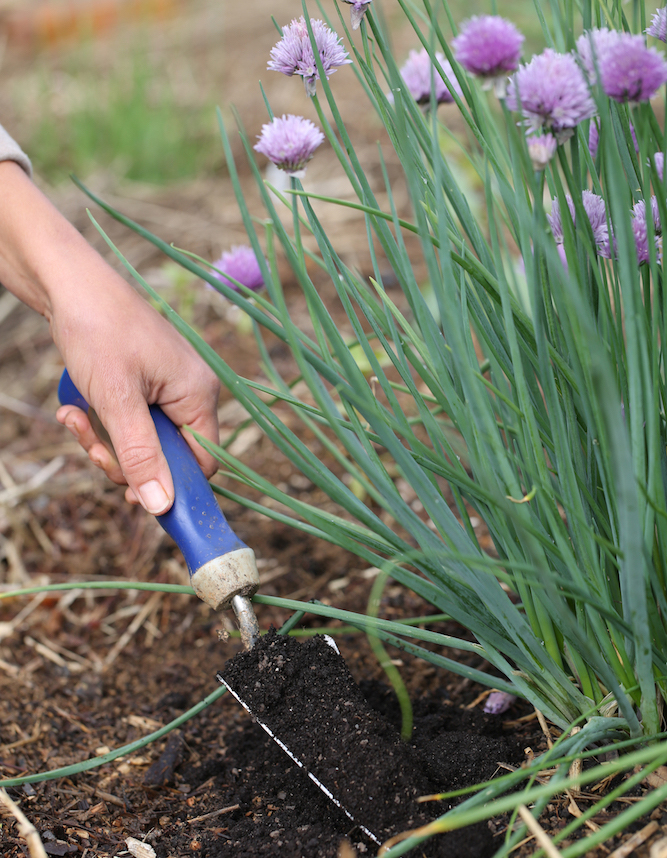
Introduction to Permaculture • Building a Compost Pile • Composting Leaf Mold • Organic Pest and Disease Management • Season Extension • Woodland Cultivation of Medicinal Herbs • Homemade Potting Soil
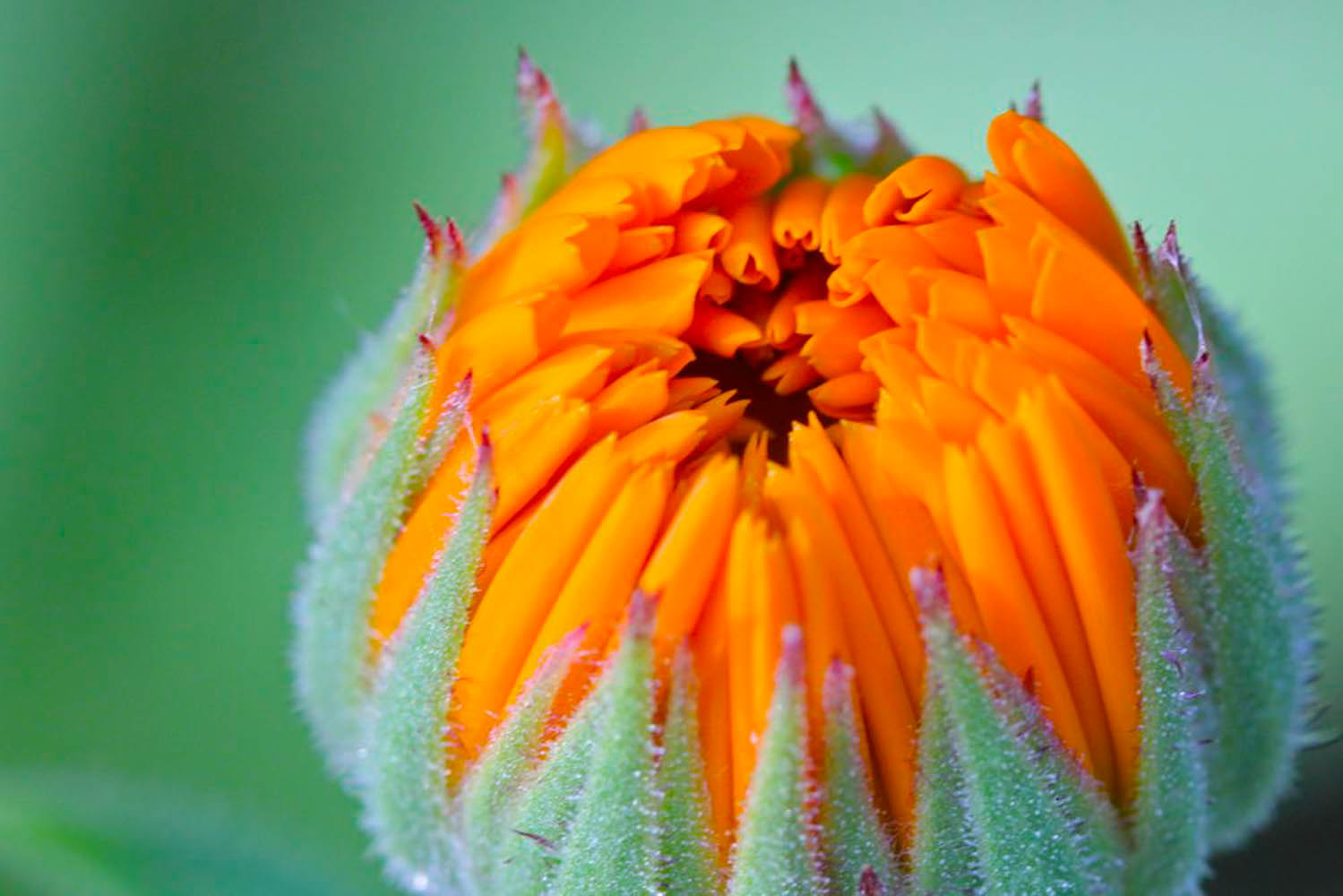
Introduction to Immune Stimulants, Immunomodulators and Antimicrobials • Spilanthes • Echinacea • Goldenseal • Bee Balm and Wild Bergamot • Calendula • Boneset • Elderberry
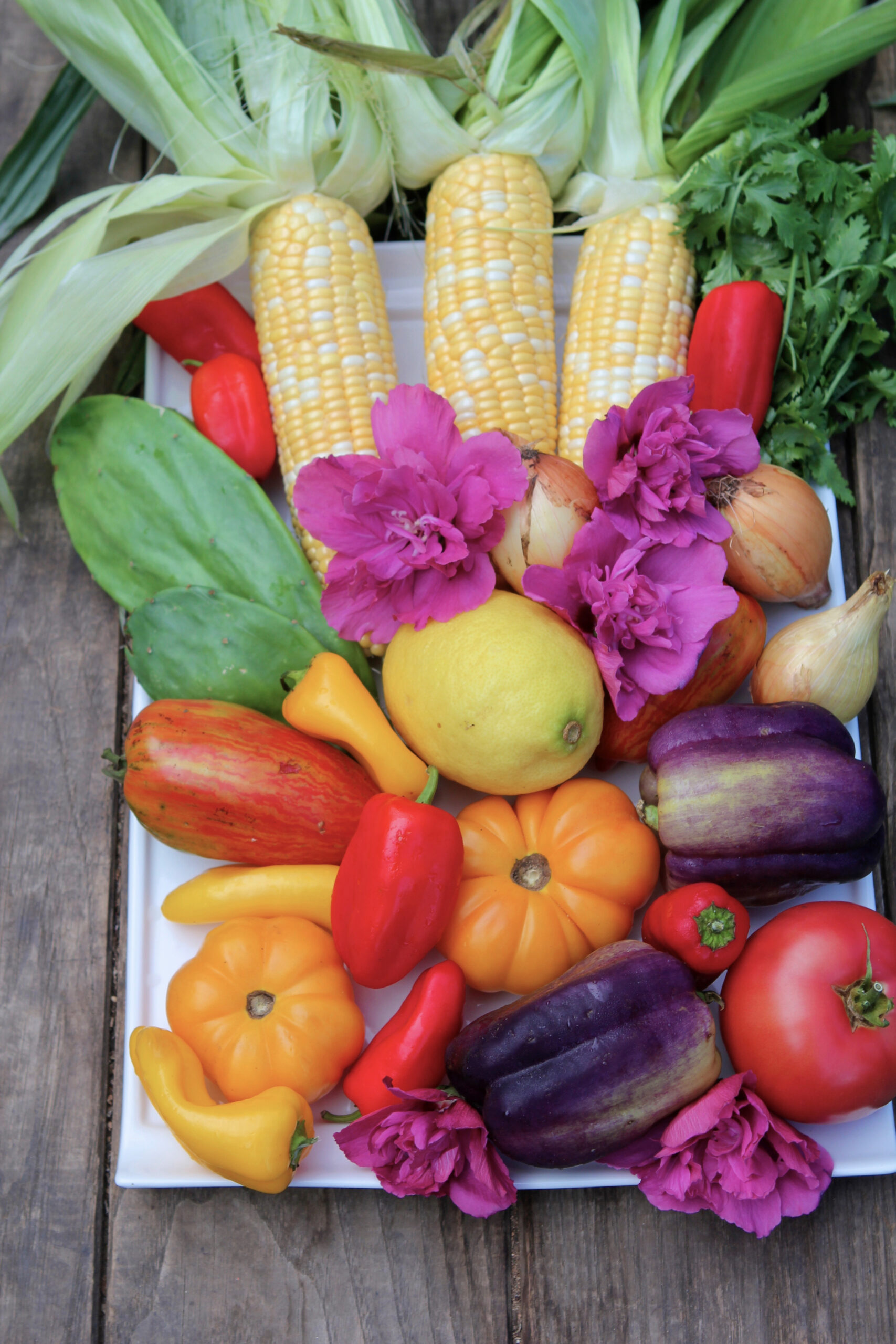
Bitters, Astringents and Carminatives • Foundations of Nutrition: Whole Foods, Organic Foods and GMOs • Macronutrients, Fiber, and Intestinal Flora • Vitamins and Minerals • Bioflavonoids • Food Allergies and Intolerances
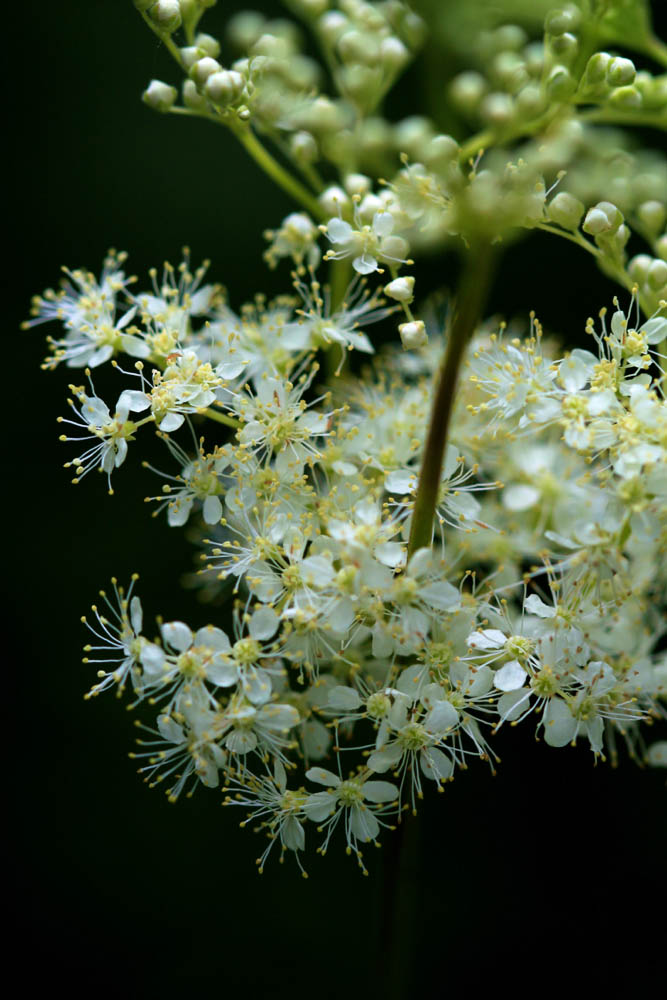
Anise Hyssop • Meadowsweet • Fennel • Mint • Chamomile • Lemon Balm • Basil
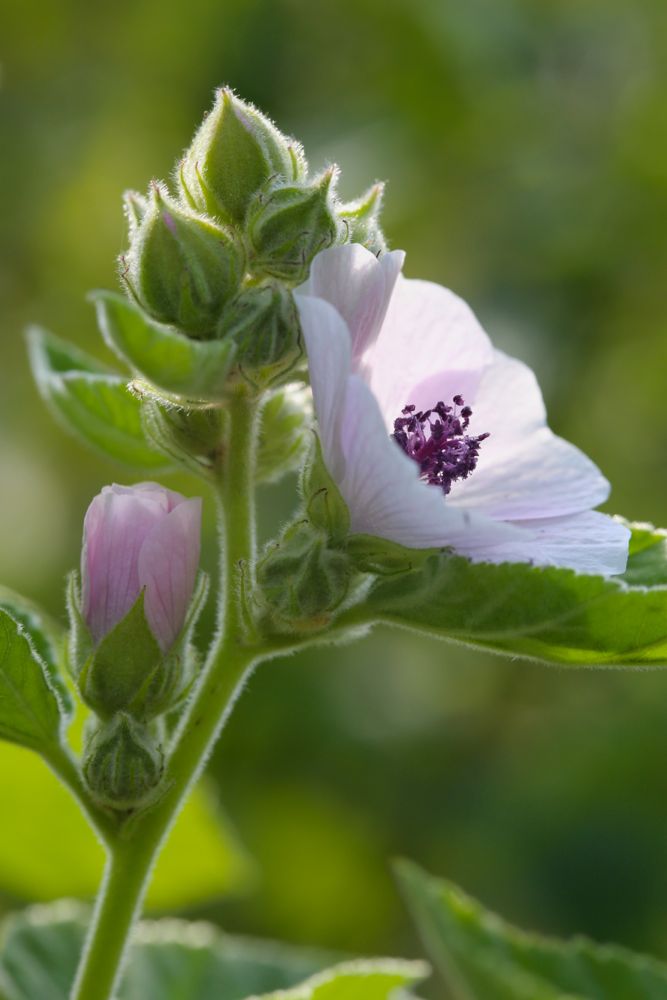
Introduction to Expectorants, Demulcents and Anticatarrhals • Elecampane • Mullein • Marshmallow • Yarrow • Goldenrod
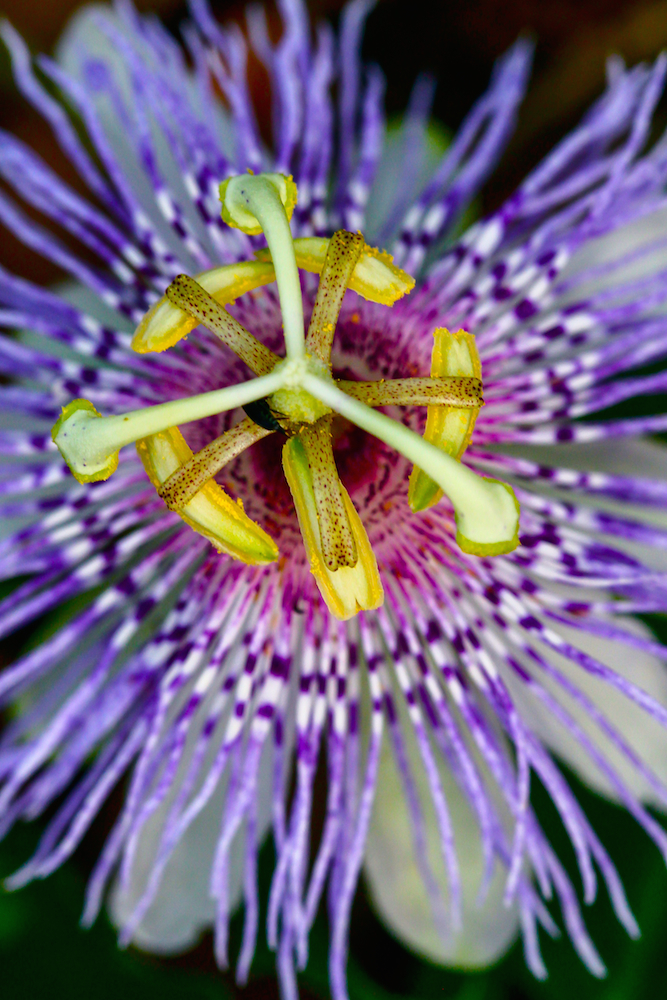
Introduction to Nervines, Hypnotics, Anxiolytics, Antidepressants and Analgesics • Valerian • Skullcap • Passionflower • California Poppy • Mimosa • Rose • Vervain
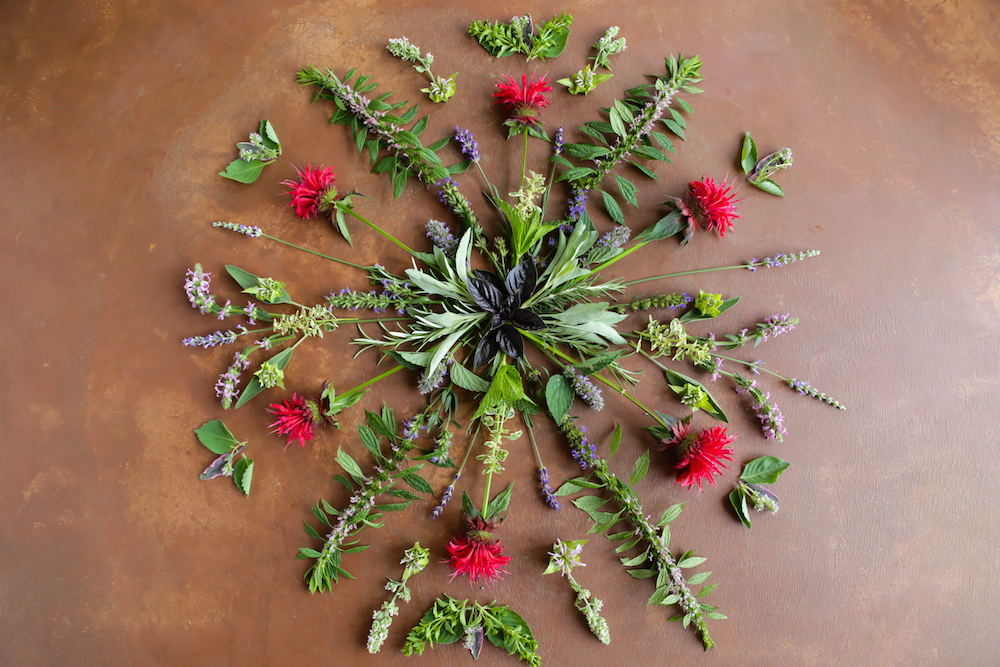
Uterine Tonics, Emmenagogues, Hormone Balancers and Uterine Antispasmodics • Ecology of Estrogen in the Body • Red Raspberry and Blackberry • Black Cohosh • Vitex • Motherwort

TCM Terms, Anatomy, and Patterns • 5 Plants for the Testicular Generative System • Herbs, Foods, and Conditions
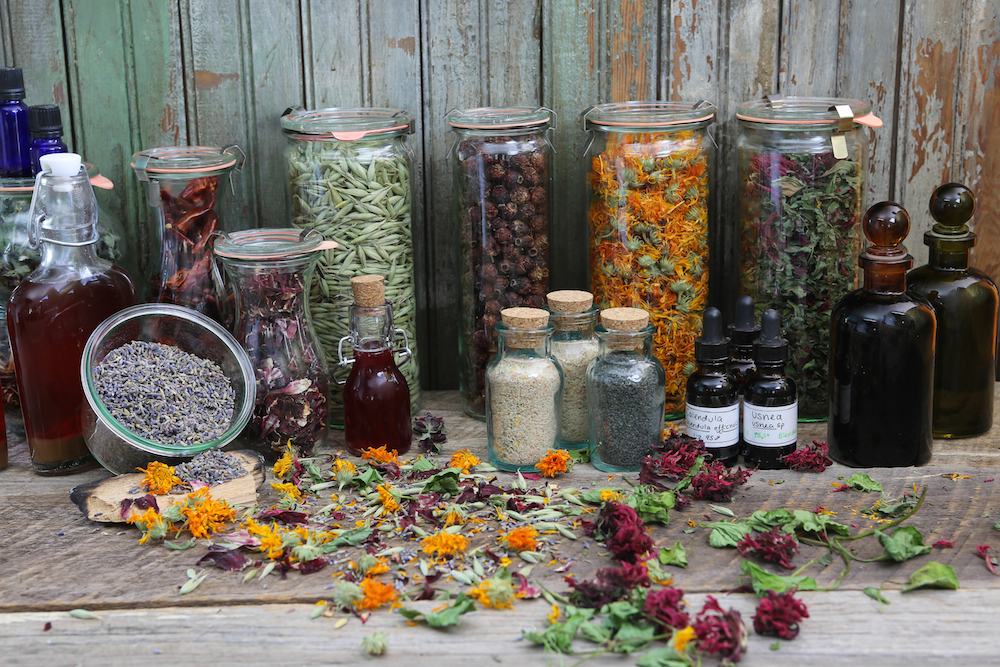
Infusions and Decoctions • Tinctures • Herbal Honeys and Syrups • Herbal Vinegars • Flower Essences
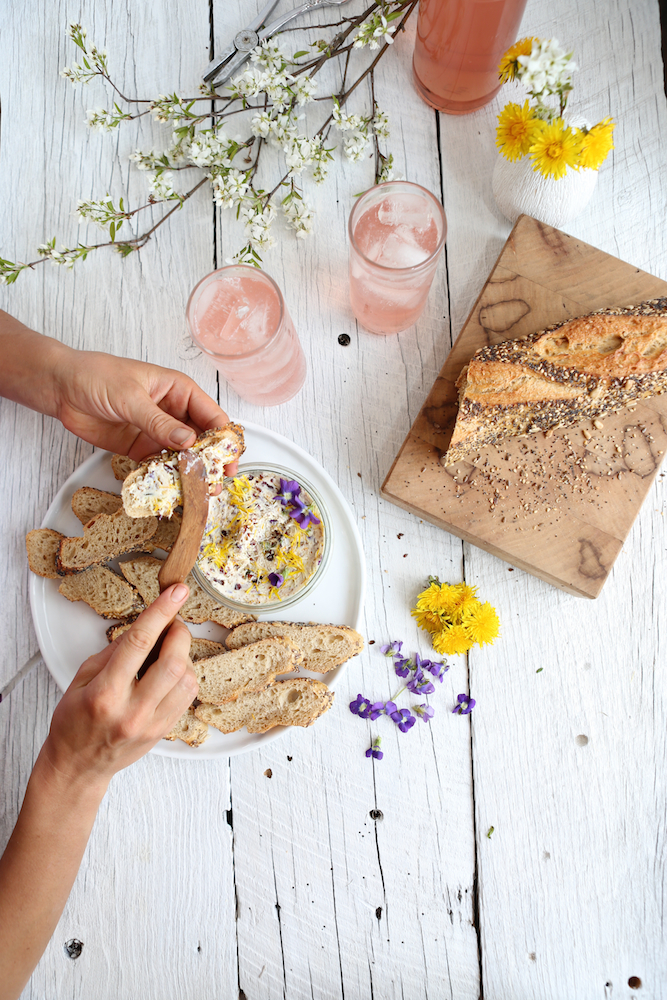
Meads • Culinary Oils • Infused Vinegars • Fire Ciders: Spicy Vinegars • Goo Balls • Compound Butters • Herbal Finishing Salts • Herbal Sauces • Wild Herbal Pestos, Hummus, and Pâté • Medicinal Mushroom Concoction • Herbal Popsicles, Iced Teas, and Granitas • Bone Broth • Bitters • Shrubs • Herbal Ice Cubes • Simple Syrups • Cocktails and Mocktails
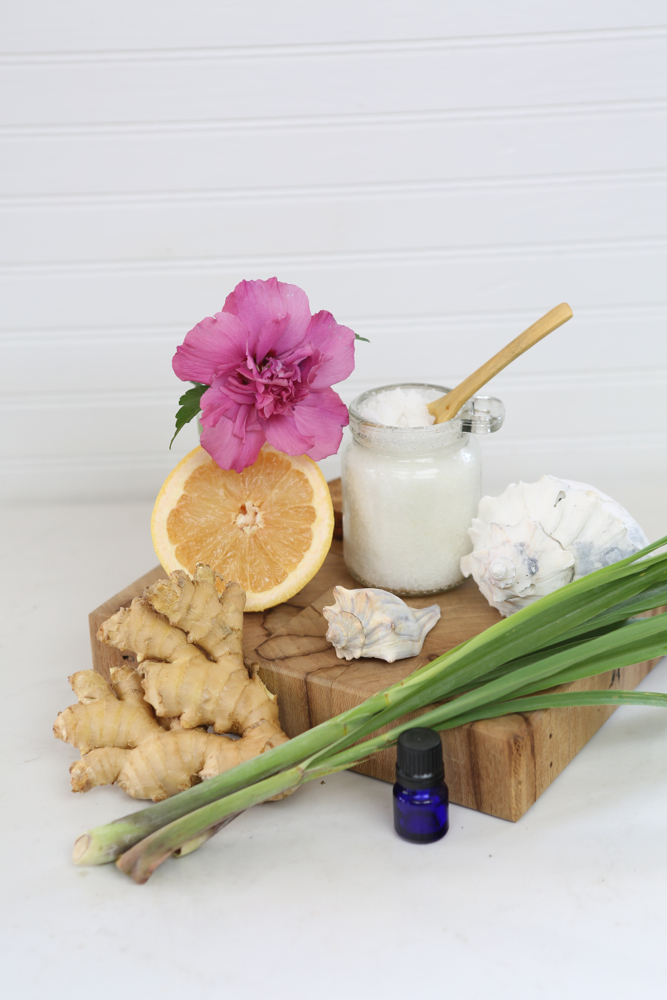
Infused Oils and Salves • Compresses, Poultices, and Herbal First Aid • Introduction to Hydrotherapy • Introduction to Aromatherapy • Floral Skin Serum • Body Butters • Salt Scrubs • Bath Salts • Aromatherapy Sprays • Aromatic Massage Oils
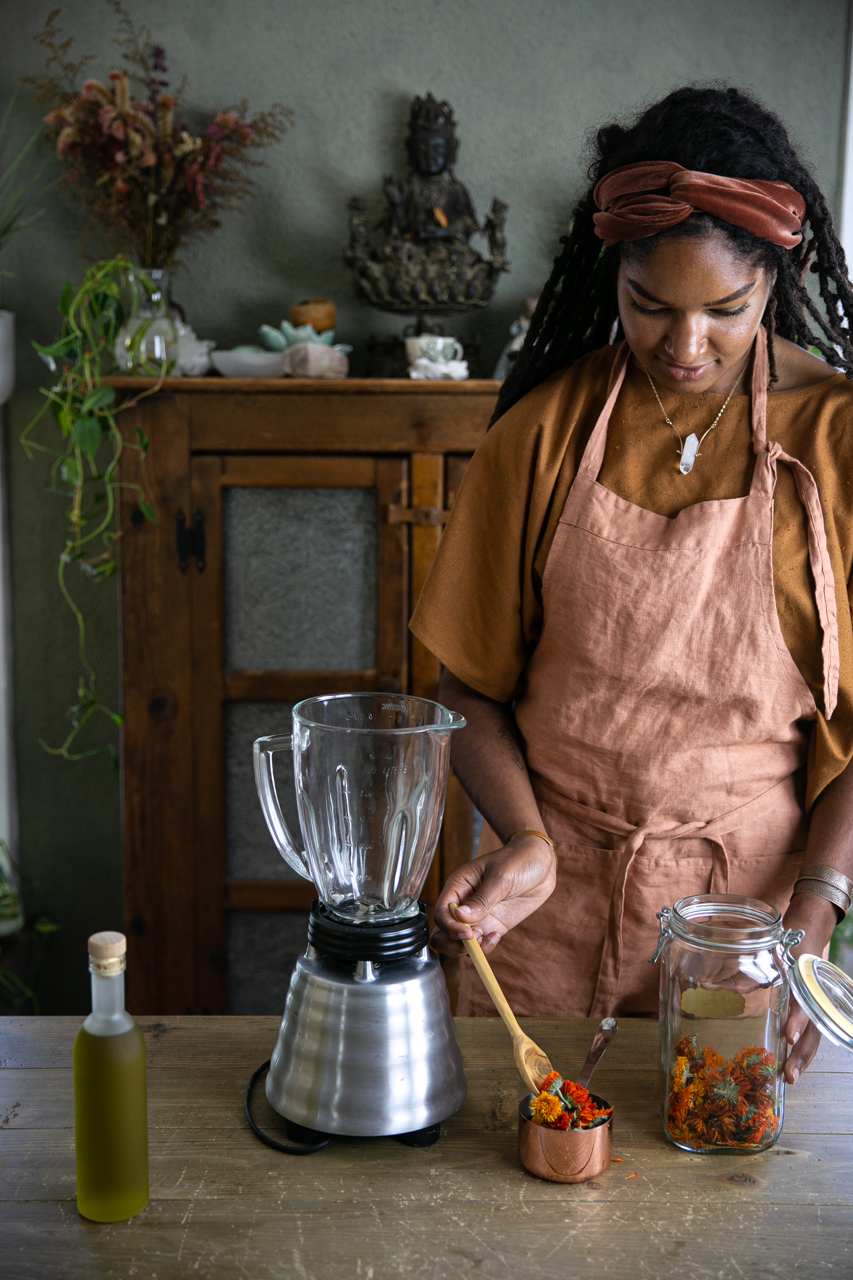
The Heart of Livelihoods: Business Ethics and Inspiration • Herbal Livelihoods • The Nitty-Gritty of Herbal Businesses • Introduction to Current Good Manufacturing Processes (cGMPs) and Product Labeling Requirements • Further Learning and Networking • Connecting to Your Life’s Purpose • Permaculture in Action: Joe Hollis’ Mountain Gardens • Amy Hamilton • Lorna Mauney-Brodek • Dr. James Duke • Asia Suler • History of Earthaven Ecovillage • Permaculture Principles with Chuck Marsh • Kauai Farmacy Gardens • Brandon Ruiz • Marc Williams • Ayo Ngozi Drayton • Leah Penniman • Meshell Orozco • Ellenie Cruz
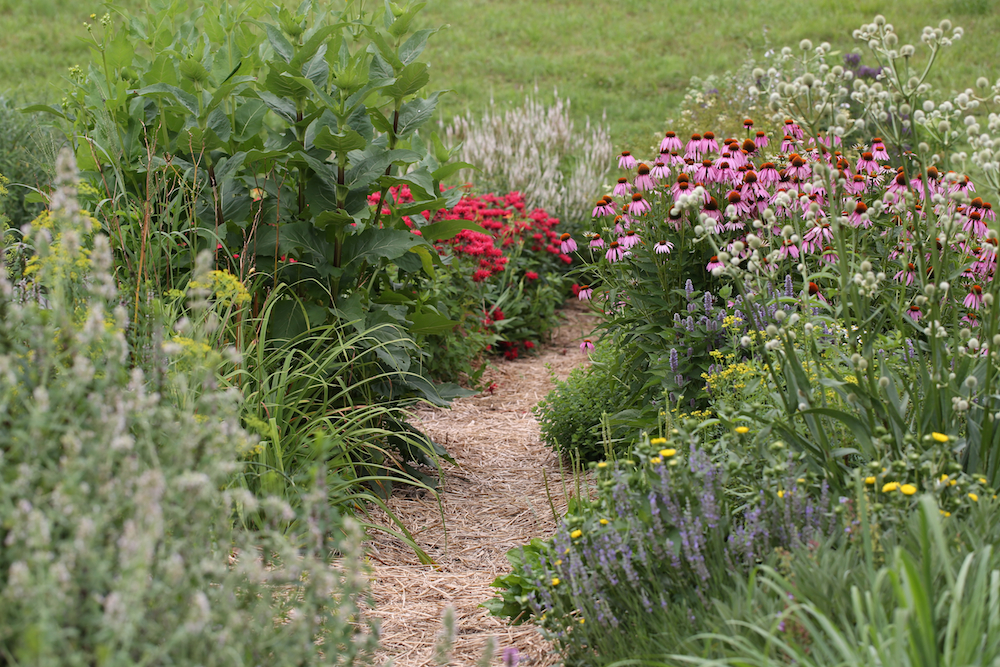
Arid Lowland Climates with Monica Rude • Cold Temperate Climates with Deb Soule • Arid Mountainous Climates with Kathi Keville • Rocky Soils in Mid-Continental Climates with Steven Foster • Subtropical Climates with Emily Ruff • Mediterranean Climates with Richo Cech • Woodland Medicinals with Joe Hollis • Wetland Herbs • Shade Herbs • Arid Climate Herbs • Hot and Humid Climate Herbs • Temperate Moist Climates (Pacific Northwest/BC Climates) with Meshell Orozco
You’ll have complete access to the entire 1,200-hour program just as soon as you enroll. To keep you on track and engaged, you’ll receive monthly emails from us with an introduction to each module. However, you’re welcome
to move at your own pace through the material.
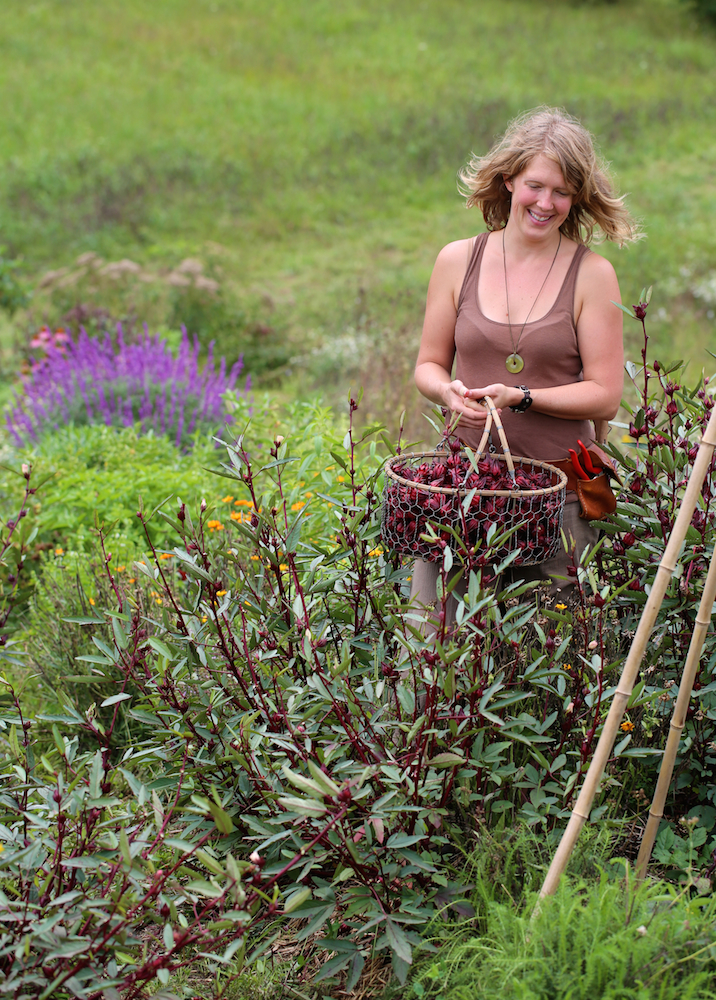
Anyone who wants to learn more about growing and using medicinal plants, including:
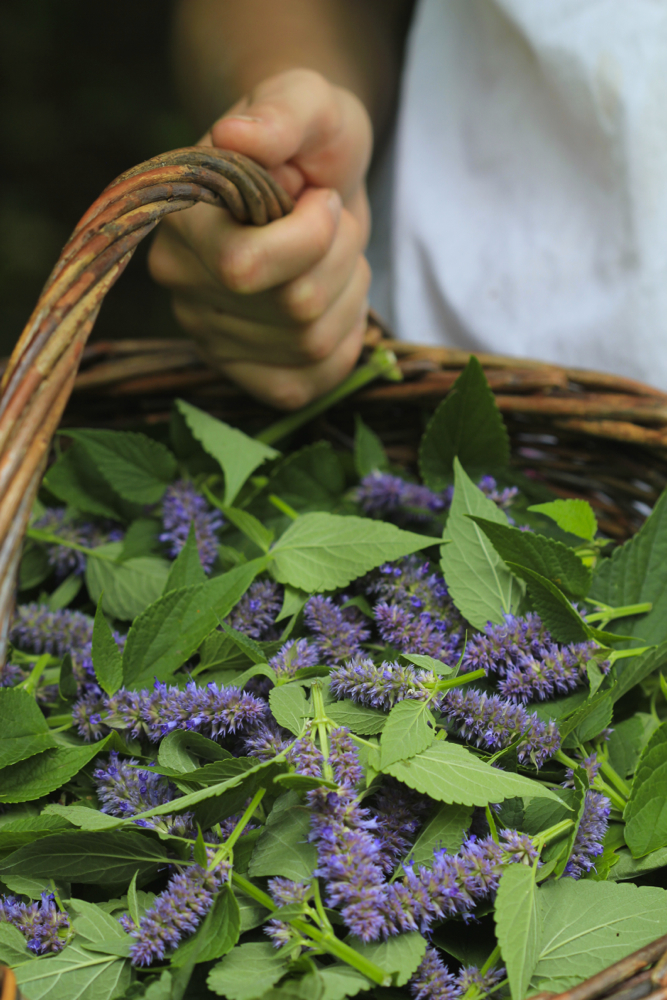
There are no reviews yet.
You must be <a href="https://wislibrary.org/my-account/">logged in</a> to post a review.